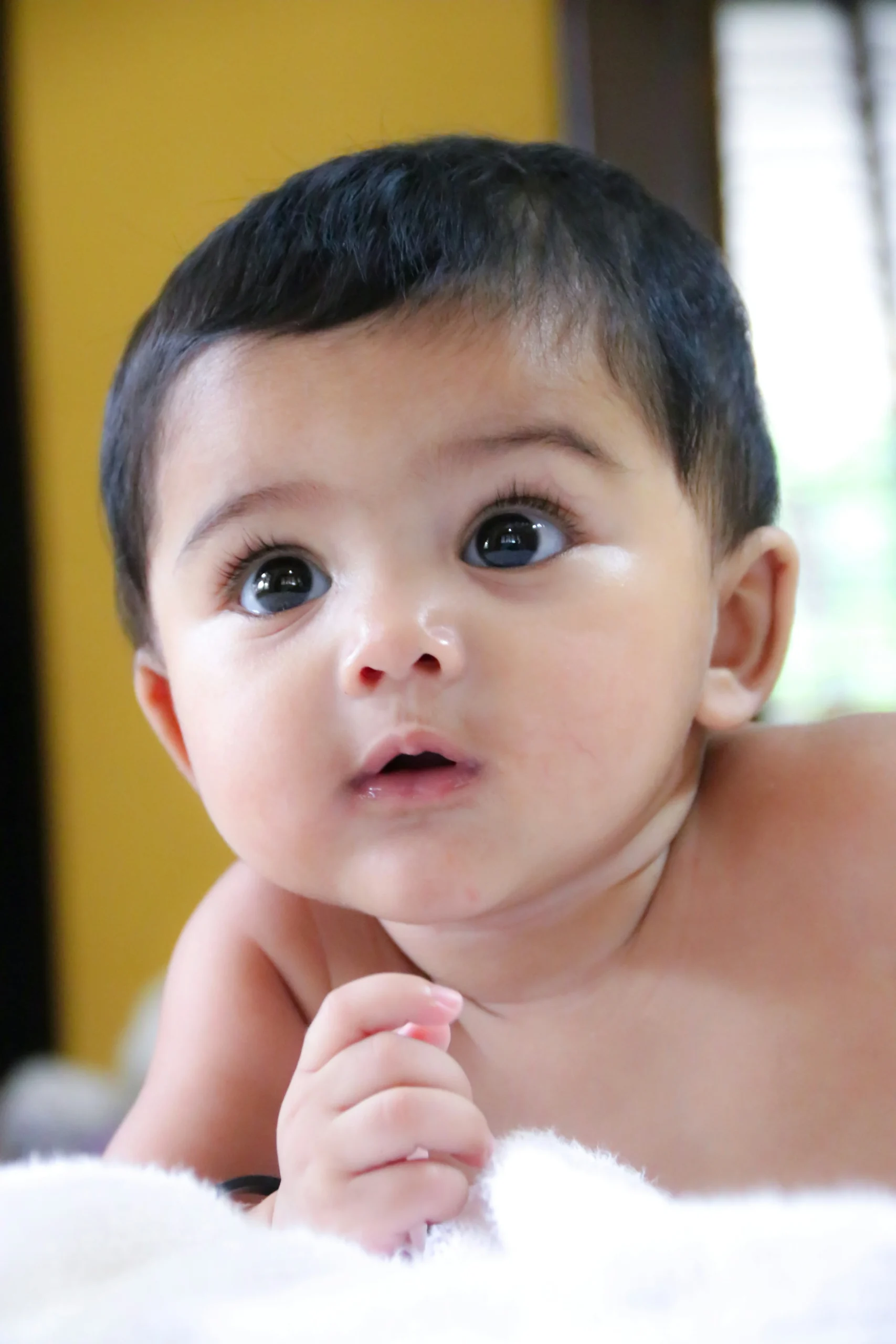If you could see me right now, you’d notice my left eye twitching uncontrollably, and my right eyebrow has a new gray hair. Why? Because I’m currently navigating the tumultuous waters of having a child who has mastered the art of being a know-it-all, and it’s driving me to the brink.
As children grow, they naturally pass through various developmental stages that ideally prepare them for adulthood. The first year is all about walking, the second year focuses on talking, and the third year revolves around potty training. In our home, however, it seems the seventh year has ushered in the delightful know-it-all phase, where my child believes it’s perfectly acceptable to correct everyone, as if he alone holds the truth.
How did we find ourselves here? Is it something I did? My partner and I have always encouraged our kids, but not in a way that would turn them into little divas. We expect them to be polite and kind, and when they aren’t, we implement consequences to steer them back on track. So why this sudden surge of arrogance from my child?
It turns out, this know-it-all phase is just that—a phase. As kids enter early school years, they are often overwhelmed by new knowledge, and they eagerly share their discoveries. For instance, when my seven-year-old proudly informs me that a peregrine falcon can dive at speeds of 200 miles per hour, it’s easy to see why he feels compelled to share his newfound knowledge at every opportunity. After all, in his mind, sharing impressive facts equals attention, and he thrives on it.
However, when the innocent “Hey, Mom, did you know?” transforms into “You’re wrong, it’s this,” we have a problem. This behavior can stem from insecurity. According to a piece in Parents magazine, child development expert Lisa Morgan notes that at this age, kids are beginning to grasp more about their surroundings and take pride in their knowledge. It’s natural for them to want to showcase their expertise and seek validation.
Recently, this know-it-all attitude has manifested in my son’s interactions with his younger sibling. I’ve lost count of how many arguments I’ve had to mediate that go like this: “Yes, it is!” “No, it isn’t!” “Yes, it is too!” Initially, we chalked it up to typical sibling rivalry, but it became clear that my oldest was consistently instigating these disputes, insisting his brother was simply wrong. The cycle of frustration for everyone involved was relentless.
We’ve tried various approaches to curb this behavior, from reasoning with him about the importance of humility and treating others with respect to implementing time-outs and even threatening to take away his tablet—the ultimate punishment in our household. Yet, nothing seemed to work; he continued to lecture everyone around him, leaving his brother feeling belittled.
Ultimately, we’ve come to understand two crucial points. First, wanting to be an expert is a natural part of his development at this age. Second, despite our best efforts at guiding and coaching, sibling rivalry is a reality we must navigate. Our kids will learn to work through their differences, and we’re here to ensure they do so respectfully—even if one of them perpetually thinks he knows best.
One day, the tables will turn for Mr. Know-It-All, and he’ll find himself on the receiving end of a lesson he can’t learn from us. Until then, we’ll manage this phase as best we can.
If you’re interested in learning more about parenting challenges, check out our post on the topic here. Additionally, for those considering at-home insemination, visit Make a Mom for reputable syringe kits. For more information on fertility services, Johns Hopkins offers excellent resources.
In summary, the know-it-all phase is a common part of childhood development, but it can be challenging. With patience and understanding, we can help our children navigate this stage while fostering humility and kindness.
